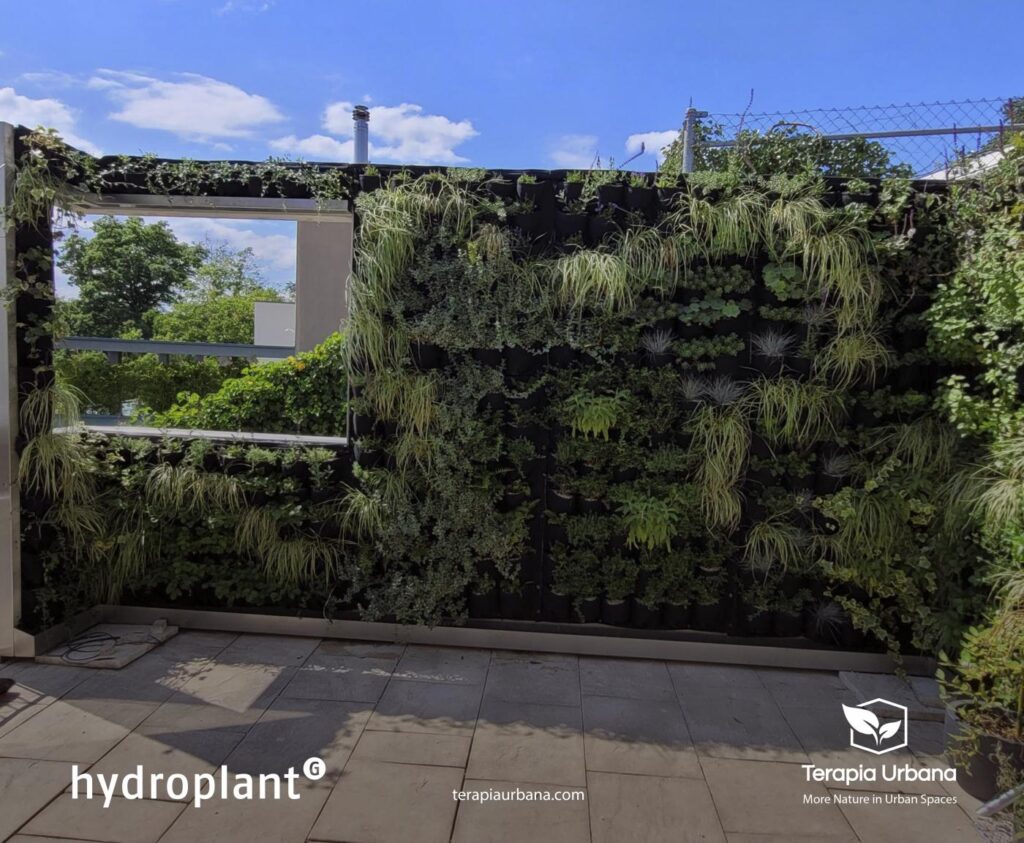España, uno de los países más desarrollados del mundo, destaca por su longevidad y bienestar. Este logro se atribuye a varios factores, como su clima favorable, la dieta mediterránea y una forma de vida particular. ¿Cuál es el papel que cumplen los jardines verticales en España ?
Además, cuenta con una economía innovadora y competitiva que respalda su estado de bienestar. En el ámbito económico, España es líder mundial en turismo y tiene una presencia destacada en sectores como construcción, transporte, logística, energías renovables, agroalimentación, banca y moda.
Este éxito no solo se debe a su posición geoestratégica en la intersección de tres continentes, sino también a su riqueza natural. Alberga una gran cantidad de reservas de la Biosfera y cuenta con una extensa red de áreas protegidas en Europa.
España posee recursos naturales estratégicos para la economía del siglo XXI.
Destaca su abundante luz solar, convirtiéndola en el país con más horas de sol entre los estados miembros de la Unión Europea. Además, cuenta con uno de los mayores depósitos de litio en el continente y ofrece condiciones óptimas para la generación de energía eólica e hidroeléctrica.
Transformaciones urgentes hacia la sostenibilidad y la resiliencia
Para combatir el cambio climático y prevenir sus efectos adversos, nuestro país, al igual que el resto del mundo, debe realizar transformaciones profundas para lograr una sociedad neutra en carbono y eficiente en el uso de recursos. Es fundamental adoptar patrones de consumo y producción sostenibles y responsables.
Al mismo tiempo, debemos fortalecer nuestra resiliencia ante el cambio climático, adaptándonos a los riesgos emergentes y cambiando nuestra relación con el entorno natural. Estos desafíos no son fáciles, y la trayectoria seguida hasta ahora resalta la necesidad de tomar medidas contundentes e inmediatas en los próximos años.
Buscando un modelo de desarrollo sostenible y respetuoso con el medio ambiente
Los jardines verticales pueden contribuir a fortalecer la conciencia ecológica y la sostenibilidad del país.
Estos jardines representan una forma eficiente de utilizar los recursos naturales y reducir la contaminación en las ciudades, lo que a su vez contribuye a la disminución de las emisiones de CO2.
Además, los jardines verticales mejoran la calidad del aire, proporcionan espacios verdes en áreas urbanas y fomentan la biodiversidad en las ciudades. La instalación de jardines verticales promueve la sostenibilidad y la conciencia ecológica en España.
Su implementación en edificios y espacios públicos en nuestro país puede impulsarlo como líder en innovación y sostenibilidad, al tiempo que mejora la calidad de vida de sus habitantes.

